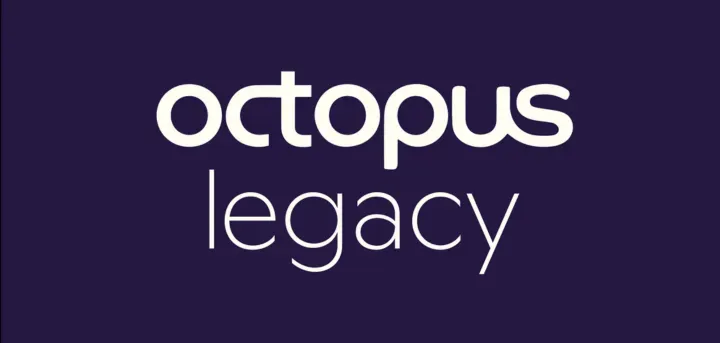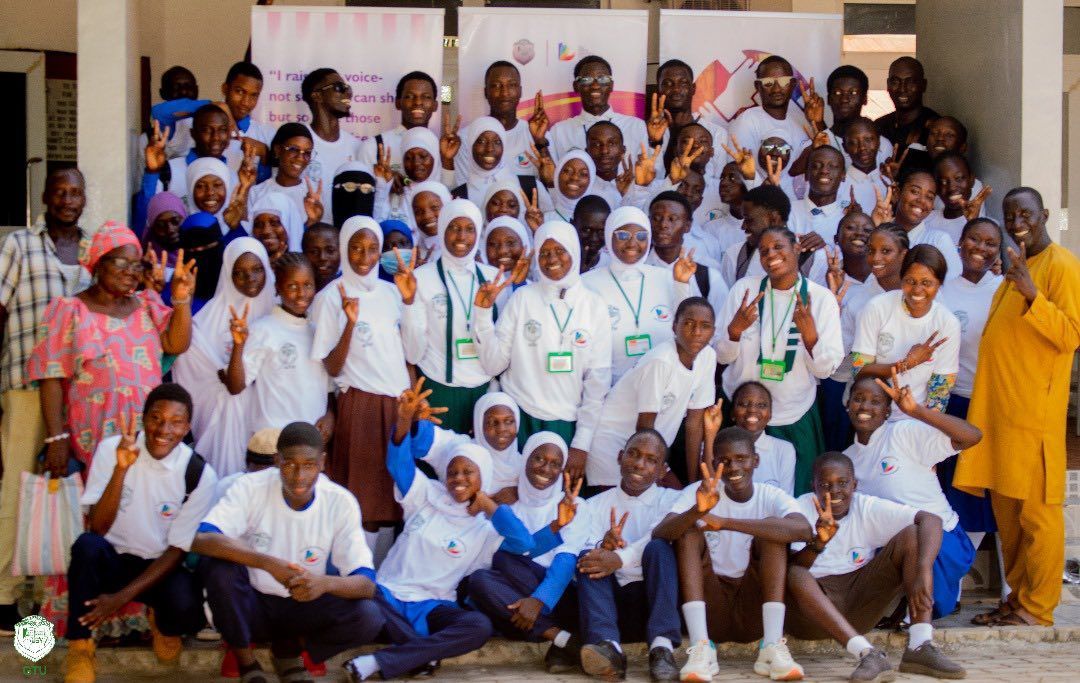Is Education a Lost Cause?
Anyone who knows me knows that I am passionate about learning and could wax lyrical about how important education is and how we have to try our best to ‘get it right’. As I started to prepare to write this article; a task that asked me to list successes within education, I was shocked about what I learnt about myself … I lean towards pessimism!
Why is this? I launched into research and soon soothed myself by the fact that the human condition favours pessimism over optimism as it sounds more plausible. For example: tell someone that everything will work out fine and you will probably get a polite dismissal or platitude. Tell someone that they are in danger (or something serious is going wrong) and you will have their undivided attention!
I brought this insight with me to a recent lunchtime chat with a placement student of mine (who has recently left school) and her mentor. To their credit and good humour, they allowed me to ramble on until I asked them about their views on what has been a success within their own educational experience.
Silence.
I took this as first hand proof of the human proclivity towards pessimism.
But when they answered in joint chorus, “knowing that my teacher cared for me”, I could not help but smile.
Pastoral care is a true and lasting success of education. Our children and young people come to our schools from a range of backgrounds and experiences but school is the constant; a place filled with people who are there just for them. Educational debate around the use of Artificial Intelligence (AI) is huge at the moment. I would champion its use in regards to personalising the learning experience or streamlining processes but it can never replace that which is most important - relationships. We all need and crave a deep sense of connection and belonging no matter what our age and stage.
With lunch over I wanted to find out more about the successes there have been within education over the years and with no one else to consult, I turned to my computer; a Large Language Model (LLM) to be precise. Immediately, as soon as I hit ‘enter’, a profound list of accomplishments appeared on screen:
- More students than ever are in school
- Technology is revolutionising education
- Teaching has become more inclusive and innovative
- We are learning to value teachers more (Are we? Sorry my pessimism needs to challenge this one!)
- Education is adapting to global changes
My screen was positively overflowing with optimism. ‘Definitely not human’ I thought to myself. But the AI’s summary heading made me pause: ‘Embrace Creativity for the Next Frontier”.
This made me think. Creativity, alongside relationships, is another success of educational practice. We are all creative, either consciously or subconsciously, in whatever task we are doing and it is our role as educators to help our pupils be creative in design, thought or approach, especially in a world that is embracing technology more and more.
As I write, two alternate thoughts swirl within my mind:
Does educational progress happen too slowly to notice? Or do topical, educational trends occur too quick to ignore?
The latter would always make education a failure by default. All I know is that continued improvements within the education sector must be built upon evidence based research, utilising the learnings from cognitive science. For me, continued success within pedagogy must be formed upon knowing what works.
For the sake of having a balanced argument, I will end on an optimistic note:
“Rather than lamenting what’s not working, we should focus on what’s been built and how we can expand upon success. Education is not a lost cause—it’s a dynamic force that’s been evolving for the better over the past 15 years. Let’s continue to push it forward, not by fearing failure, but by embracing it as part of the process toward even greater achievements.” LLM 2024
Not too shabby, AI, not too shabby at all.
BIOGRAPHY
Bernard Noble is an educational consultant and founder of Learning Me. With a background as a school leader, pastoral care lead and SENDCO, he has expertise in pedagogy, educational policy, nurture, neurodiversity and learning disabilities. Passionate about holistic education, Bernard is a strong advocate for making emotional health and wellbeing strategies explicit.




